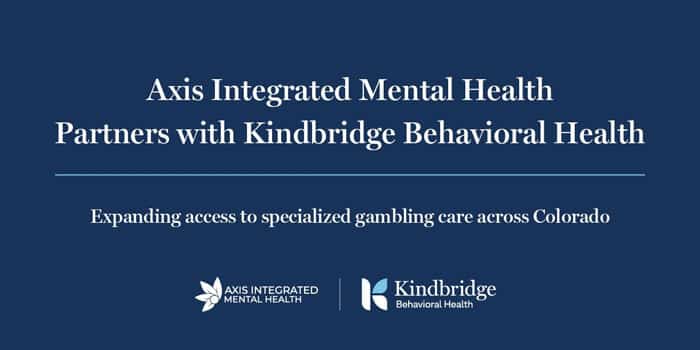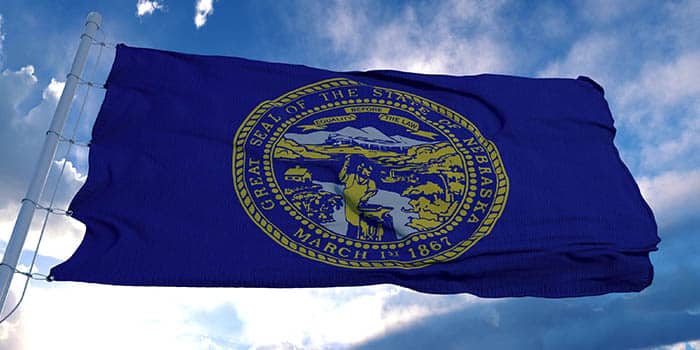Fact-checked by Angel Hristov
Gambling Harm Treatment in Peril as Experts Reject the Industry’s Input
The move toward a fully independent RET sector has created a "stark division," fracturing previously beneficial partnerships

The National Institute for Health Care Excellence (NICE) just published its guidelines for gambling harm treatment, sending shockwaves across the gaming industry. Among other things, the organization suggested that gambling treatment services should not be influenced by the industry.
Conflict of Interest Threatens the Future of Treatment
Treatment in the UK has largely been sponsored by gambling operators, who have been donating money for research, education and treatment initiatives. However, NICE’s clinical guidance says that treatment studies and services should not be influenced by the industry.
Gambling treatment and support services should be commissioned and provided without influence or involvement from the gambling industry, ensuring there are no conflicts of interest between the commissioners and providers of services and the gambling industry.
NICE recommendation
While many agreed that treatment should be uninfluenced by gambling businesses, some cited concerns about the timing of this recommendation. Others questioned treatment organizations’ outright rejection of any input from the gaming industry.
Experts: Treatment Needs Collaboration, Not Division
Experts told gaming news outlet NEXT.io that the move toward an uninfluenced RET sector has created a “stark division,” fracturing previously beneficial partnerships. What was previously a mutually agreeable coexistence is now being perceived as a potential conflict of interest.
Frank McCready, delivery manager at Better Change and ex-head of safer gambling at GamCare, admitted that this has added to the insecurity within the industry. He pointed to a recent public health event that canceled the invitations of parties with perceived connections to gambling just 24 hours before the event.
Better Change engagement director Robert Mabbett elaborated on that, saying that the future of treatment is unclear. Whereas treatment in the UK was previously funded through voluntary donations from operators, the Gambling Act white paper proposed a statutory levy that would change treatment firms’ relationships with the industry.
While the statutory levy would, in theory, generate more funds for treatment, there is still little clarity on how the money will be allocated.
The industry voluntarily provided both money and expertise. Now, industry voices are being dismissed, and experienced professionals are being locked out simply because of past associations. There’s a complete breakdown of collaboration.
Robert Mabbett
Mabbett, personally, was puzzled by the shift since the industry now employs thousands of harm minimization experts whose expertise is now being dismissed.
To make matters worse, certain organizations, such as GambleAware, reject job applicants who have worked directly with the industry within the last 12 months, effectively cutting off many qualified professionals.
The Better Change experts concluded that the treatment industry does not need division but transparency, collaboration and a realistic approach.
Health Experts Should Help to Identify Harm
In addition to urging treatment to remain separate from the gambling industry, NICE also said that GPs should inquire about patients’ gambling habits. The organization emphasized that younger people and patients suffering from mental health issues are especially vulnerable to harm.
Recent studies suggest that approximately 460,000 people in the United Kingdom are problem gamblers, with an additional 12% of the adult population considered to be at risk. While the UK has been struggling to reform its ecosystem, it has so far had mixed success.
Although Fiona doesn't have a long-spanning background within the gambling industry, she is an incredibly skilled journalist who has built a strong interest in the constantly growing iGaming network. The team at Gambling News is glad to have her on our roster to help deliver the best stories as soon as they hit. Aside from writing, she loves to dabble in online casino games such as slots and roulette, both for her own enjoyment and also as research to better improve her understanding of the industry.

















